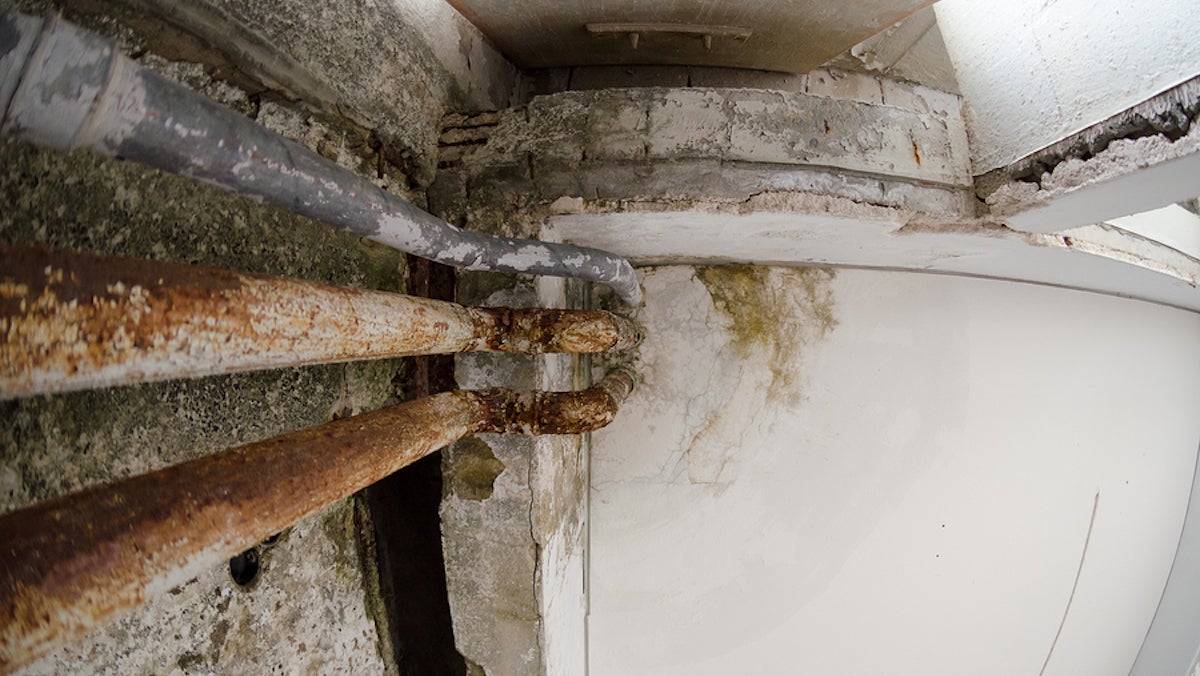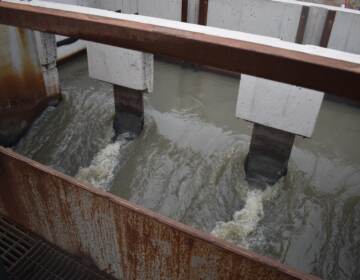Governor stresses unsafe lead levels in N.J. water but offers no quick fixes
Gov. Phil Murphy says it’s time to do something about New Jersey’s aging water infrastructure but calls it a national problem that "requires a national solution."

Gov. Phil Murphy says it’s time to do something about New Jersey’s aging water infrastructure, but calls it a national problem that "requires a national solution."(John_Vlahidis/BigStock)
Gov. Phil Murphy yesterday said it is time to focus on New Jersey’s aging water infrastructure, a problem most dramatically underscored by the statewide contamination of drinking water with unsafe levels of lead.
“More than 1.5 million residents — north, central, and south, rural and urban — are currently serviced by water with elevated lead levels,’’ Murphy said in his State of the State address, but he offered no new initiatives to deal with the problem.
The estimate is higher than previous projections by the state and appears to be a result of more aggressive testing of public drinking supplies by public water companies, schools, and others. For instance, Suez North American, a major supplier of water in northern New Jersey, recently found at least 15 of 108 samples with elevated lead levels, according to the state Department of Environmental Protection.
An estimated 350,000 New Jersey homes and businesses have lead service lines coming into their structures; that’s the fifth highest of any state. Lead seeps into tap water from those service lines, fouling drinking water, according to environmental and health officials.
By some estimates, the cost of fixing New Jersey’s aging water infrastructure network, parts of which are more than a century old, could run more than $25 billion. Lead is just one problem. The state loses 20 percent to 22 percent of its treated drinking water annually from leaking pipes before it is ever delivered to customers. Raw sewage flows into rivers during times of heavy rainfall from combined sewer overflow systems.
Pushing for more federal help
It is just not a New Jersey issue, Murphy said. “Outdated infrastructure is a national problem and it requires a national solution,’’ the governor said, vowing to work with the state’s congressional delegation to press the federal government for greater support and assistance.
New Jersey, along with other states, leverages federal dollars from a revolving fund to finance water improvement projects, including to upgrade drinking water systems. But even with state money, it falls far short of addressing all the needs, which include modernizing hundreds of sewer treatment plants.
“There is some talk about coming up with some serious funding at the federal level,’’ said Chris Sturm, managing director for policy and water at New Jersey Future, “but it is going to require a federal solution, a state solution and a local solution.’’
Sturm is part of a new 25-member task force established by Jersey Water Works to develop practical and effective policies for eliminating lead in New Jersey’s drinking water. The task force hopes to release a report in September with policy recommendations and planned actions to address the problem.
“Our game plan is to definitely address the funding issue,’’ Sturm said.
‘…a hefty price tag’
The problem has largely defied policymakers and lawmakers in the past. A year ago, a special legislative task force studying how to upgrade the state’s drinking water infrastructure recommended issuing a $400 million bond to begin addressing the issue.
That proposal eventually was narrowed to be included as part of another $500 million bond issue, with $100 million targeted to replace lead service lines in public schools. (At least 300 school systems in the state have found lead levels in at least one outlet in their buildings in state-mandated testing.)
In Newark, lead is a pervasive problem with more than two in five sampled homes having lead in their tap water above action levels established by the federal Environmental Protection Agency.
“You are not going to replace every lead service line overnight,’’ acknowledged Doug O’Malley, director of Environment New Jersey, another member of the 25-member task force. “It’s going to come with a hefty price tag.’’
WHYY is your source for fact-based, in-depth journalism and information. As a nonprofit organization, we rely on financial support from readers like you. Please give today.




